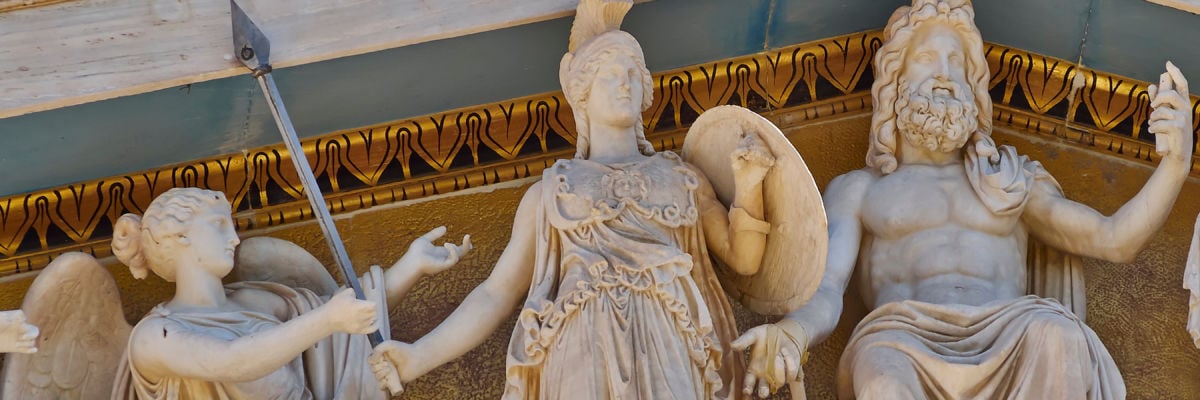
DAY 362
CHALLENGE
“Why can’t there be a multiplicity of gods?”
DEFENSE
The answer depends on what you mean by “gods.”
In classical paganism, the gods people typically worshipped were not infinite, eternal beings. Instead, they were understood to be superhuman but finite beings who came into existence at some point. (Thus Osiris’s father was Geb, Zeus’s father was Chronos, Thor’s father was Odin.)
It is possible for there to be multiple superhuman beings. That could be the case even in the natural world. There might be creatures in the physical universe who are more intelligent, more powerful, and longer lived than man.
The same is true of the supernatural world. In fact, the Judeo-Christian view holds that there are superhuman, supernatural beings. Angels are immaterial beings who display miraculous abilities. It is therefore possible for there to be a multiplicity of finite, superhuman beings.
This does not provide evidence for the existence of any set of pagan deities. Much less does it provide reason to worship them. On the Judeo-Christian view, whatever respect may be due a finite being, it does not amount to the worship due the infinite Creator.
One might ask whether a more elevated polytheism is possible, whereby there is more than one ultimate, infinite God. It is not clear that any religion proposes this. Not even Zoroastrianism, which is often said to be dualistic, does so. It is ultimately monotheistic because it holds that its fundamental deity, Ahura Mazda, will eventually defeat his opponent, Angra Mainyu.
We have a strong intuition that, whatever the ultimate reality may be, it is one, and thus there could not be more than one ultimate, infinite God.
If one did propose the existence of two such beings, then they would need to exist within some kind of framework that contained them both. This framework would then be more fundamental than either. However, if there is something more fundamental than a being, then that being cannot be the ultimate, infinite God proposed on the Judeo-Christian view but must be a being of a lesser order.
According to Judaism and Christianity, God is the fundamental basis of all that is real, and, properly understood, there cannot be two or more fundamental bases of reality.



